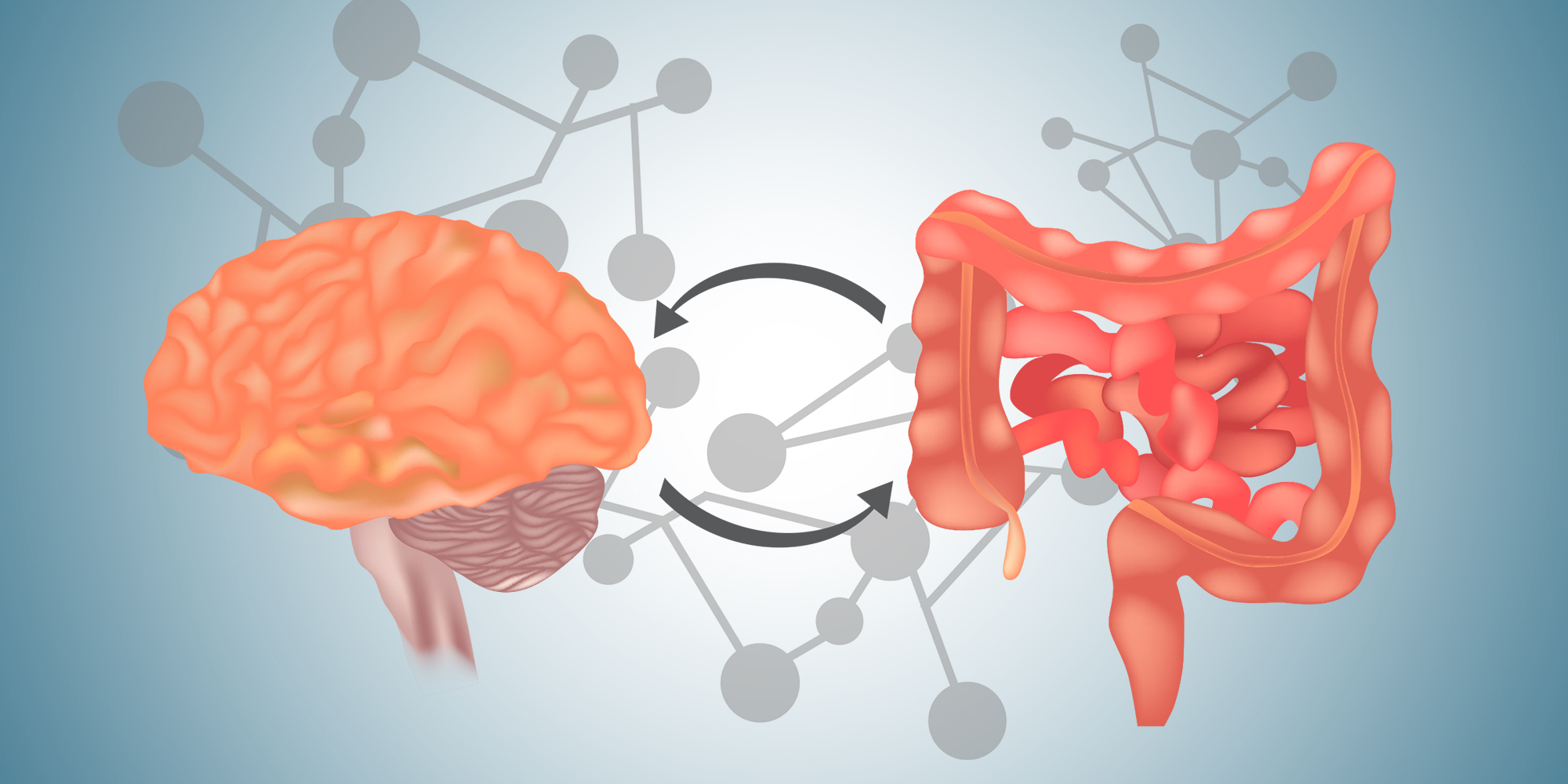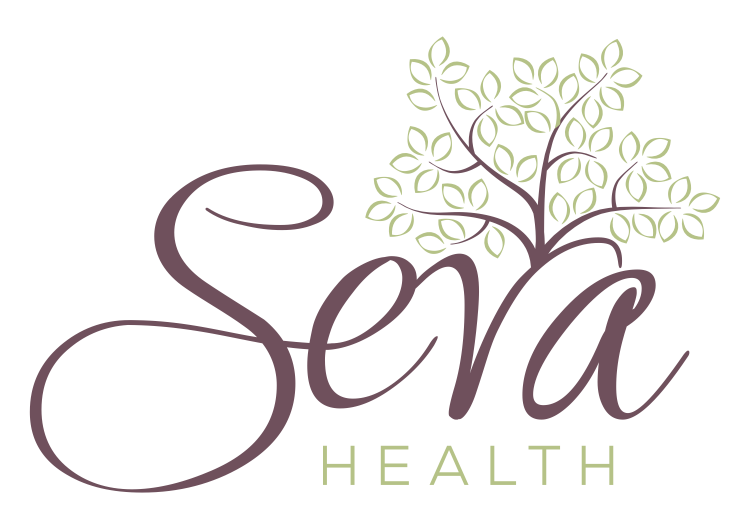
07 Aug Gut Health = Brain Health: How to Support Both!
|
Your weekly housecall filled with everything you need to know to live longer and live better—naturally. Missed an issue or want to forward to a friend? Find it all right here. Hello there, friend! I love staying up-to-date on the latest research – I’m a bit of a science nerd! One thing I always pay attention to is updates on the link between our gut and brain health. The trillions of microbes residing in your body are collectively known as the microbiome. These microorganisms outnumber your cells by a ratio of ten to one and can weigh up to twice as much as the average human brain! Predominantly found in the gut and intestines, they assist in digestion, vitamin synthesis, and infection prevention. The influence of the microbiome extends to the brain. In November 2014, the Society for Neuroscience (SFN) highlighted a significant shift in medicine and neuroscience due to advancements in understanding the gut microbiome.
There is a growing body of clinical literature indicating a complex communication system between the mind, brain, gut, and microbiome. It’s now believed that alterations in the gut microbiome might contribute to brain diseases such as anxiety, depression, and chronic pain. The gut-brain communication is also important because issues in the gut can affect not only mood but also brain function. There’s no doubt now that stress significantly impacts the microbiome. You know that upset stomach you get when you’re actually upset? Both psychological and physical stressors can alter the composition and metabolism of gut microbiota, which in turn can influence emotional behavior and brain systems. It’s even been found that a mother’s microbiome could transfer stress-induced changes to her children, potentially affecting brain development. Changes in a mother’s microbial ecosystem due to stress, infection, or diet could have lifelong effects on her newborn’s gut microbiome and brain development. In recent years, the role of probiotics has gained attention as evidence from rodent studies suggests that Bifidobacterium and Lactobacillus probiotics can positively affect anxiety and depression-like behavior. A human study on chronic fatigue syndrome found that a Lactobacillus-containing probiotic reduced anxiety symptoms. Diverse gut bacteria are also associated with better emotional health, while poor bacterial diversity correlates with anxiety and reduced gray matter volume in the prefrontal cortex.
The gut-brain connection is now recognized in numerous neurological disorders. Alterations in the gut microbiome are implicated in neurodegenerative diseases like Alzheimer’s, multiple sclerosis, and Huntington’s disease. Research has particularly focused on Parkinson’s disease, with evidence suggesting the disease may originate in the gut years before affecting the brain. Therapies targeting the gut microbiome to promote brain health are growing and becoming more mainstream! Nutritional and dietary interventions are being explored to treat brain disorders and we are witnessing a significant shift in our understanding of the gut-brain connection, revealing its profound impact on human brain health and disease. So what can you do right now?If prioritizing cognitive health and preventing decline is important to you, join me at Build a Better Brain.This special edition of my weekly newsletter, Healthy Housecalls With Angel, focuses solely on brain health, providing you with the essential tools to create a healthier brain. This exclusive, subscriber-only newsletter, delivered twice a month, is tailored to help you improve your brain health, one step at a time. Each edition delves into functional nutrition, enhancing your understanding and empowering you to make healthier food choices. Here’s what you’ll get:
Embark on a journey to better brain health and experience increased vitality, focus, and presence in your everyday life. Click the button to say Yes, Angel. I want to build a better brain!
GET YOUR FREE BONUS!New subscribers get access to my latest eBook: Build A Better Brain With The MIND Diet. The MIND Diet is designed to optimize overall health and has been shown to benefit brain health in particular! Your MIND Diet ebook includes:
Yours in good health, Angel Fit & Functional Nutrition Corner
Eating more fruit and vegetables, including berries, appear to protect the brain.
This salad is full of brain-boosting berries and leafy greens. Eat it with a protein or have it as a side dish.
*Live Rewind*Missed out? No worries – you can catch up and listen in today!
BRAIN FOG: is it just menopause or could it be dementia? I can’t tell you how many times I’ve had this question come up in my clinical practice over the last ten years and rightfully so.
Recharge Your Brain for Life! What’s New in My Health Toolkit
Do you struggle with low energy or have difficulty focusing? Mood disorders and mental illnesses affect millions in the US. The Neurotransmitters panel measures levels of the most common neurotransmitters and metabolites in the brain and nervous system. Neurotransmitters are chemical messengers that facilitate the transmission of signals from one neuron (i.e. brain cell) to another target cell. If you were diagnosed with any neurological disorders, such as Alzheimers disease, Parkinson’s disease, ADD/ADHD, Autism Spectrum Disorder, mood disorders or have any symptoms related to neurotransmitter imbalances, then you may benefit from this panel.
Health Research + News You Can UseA protein called Reelin keeps popping up in brains that resist aging and Alzheimer’s
A key protein that helps assemble the brain early in life also appears to protect the organ from Alzheimer’s and other diseases of aging. A trio of studies published in the past year all suggest that the protein Reelin helps maintain thinking and memory in ailing brains, though precisely how it does this remains uncertain. The studies also show that when Reelin levels fall, neurons become more vulnerable.
Let’s Get Social! Join Me LIVE Tomorrow!
How can something as simple as building a garden help you build a better brain? Join me for a relaxing evening in my garden tomorrow at 7PM EDT as I team up with my friend Maurice Smith to talk about Soil, Soul & Spirit. Relax, unwind, and leave inspired!
We Want to Hear from You! With millions of people around the world, we know there are a lot of stories out there of how small changes in lifestyle led to great success. We’re sure you have one of those stories! Take a moment to share your story and get the chance to be showcased in our new Reader Spotlight right here and on our blog. Click REPLY, send us your story and we’ll also include it in an upcoming copy of our newsletter! Let’s connect! |


No Comments